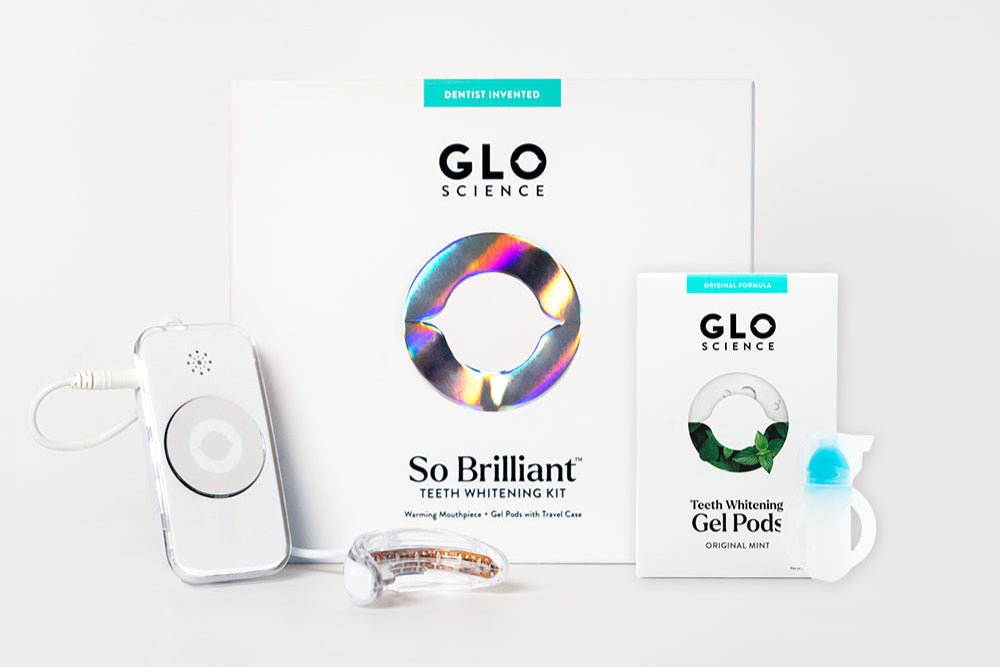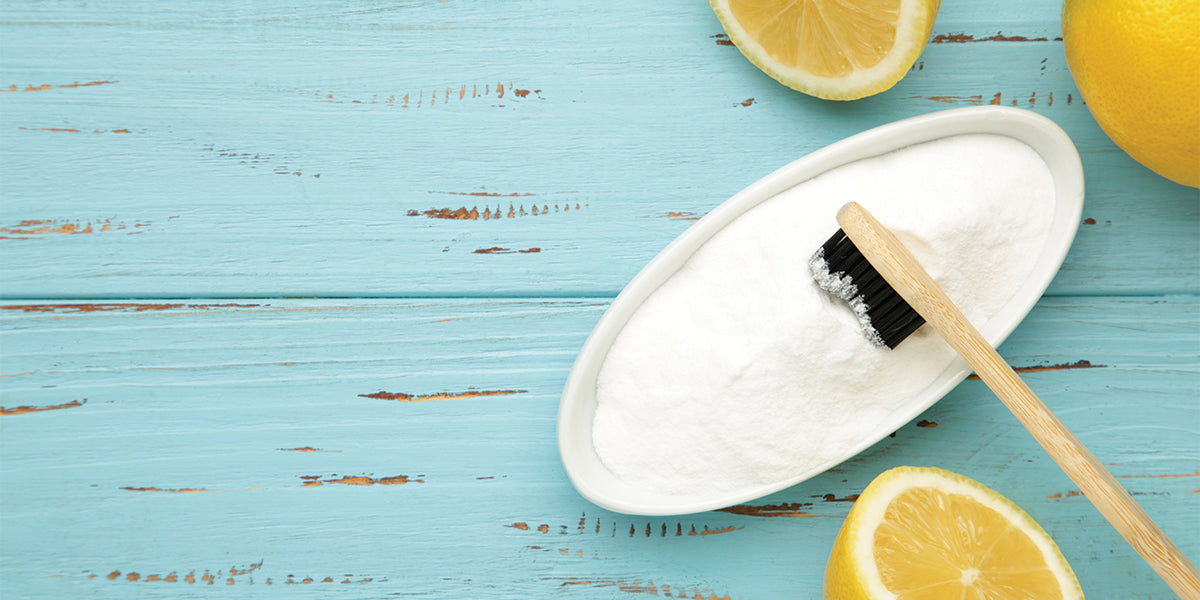
What Causes White Spots on Teeth?
Have you ever noticed white spots on your teeth that are a different shade than the rest of your enamel? You’re not alone; white spots or flecks on teeth are relatively common and do not usually cause alarm. While these white spots are usually a cosmetic problem and not a serious issue, they may be bothersome. Luckily, there are various ways to identify and treat white spots on teeth.
Why do i have white spots on my teeth?
Causes of these spots include demineralization, braces and orthodontics, fluorosis, diet, and medications. If you’re wondering why you have these white spots or are searching for a treatment, keep reading!
Demineralization
Demineralization, also known as decalcification, is caused by prolonged bacteria build-up on the teeth. As bacterial overgrowth occurs, the enamel wears down, and teeth develop brown or white spots. This condition should be treated as soon as possible, as it may lead to tooth decay and cavities.
Your dentist will be able to assess if the white spots on your teeth are due to demineralization and prescribe a treatment plan. If you have decalcification on your teeth that have not yet formed cavities, your dentist will likely recommend more extensive brushing and flossing, as well as a deep cleaning treatment so that further bacterial decay does not occur. However, if cavities have already formed as a result of decalcification, your dentist will fill them with enamel-colored composite, which will strengthen the tooth and help it blend in with the rest of your teeth.
Braces and Orthodontics
Braces and other orthodontics, such as retainers, can cause white spots on the teeth. These white spots are often caused by plaque build-up on the areas of the teeth that were not covered by braces or where brackets were glued into place. While you likely will not notice this plaque build up when braces are on, once they are removed it becomes evident which areas of the tooth were protected from plaque build up.
After regular maintenance like twice-daily brushing and flossing, your dentist will recommend professional cleanings to remove plaque build-up on teeth. If the white spots persist and you would like to improve the appearance of your smile, you may find a professional whitening treatment or at-home whitening kit to be helpful in evening out your enamel shade and brightening the overall appearance of your smile.
Fluorosis
Fluoride is a naturally occurring mineral that aids in building enamel and strengthening bones and teeth that is essential to proper oral hygiene. Toothpaste and other dental hygiene products contain fluoride to enhance tooth health, and, likely, your drinking water is also fluoridated! It is improbable for these small amounts of fluoride to cause health issues, but excessive fluoride can cause white spots or flecks on teeth.
While the proper amount of fluoride is helpful in strengthening enamel, too much can have the opposite effect and weaken teeth, leading to decay and discoloration. Too much fluoride is called fluorosis and most commonly occurs in children who use too much toothpaste, swallow fluoridated toothpaste, or drink too many fluoridated beverages. The treatment for fluorosis is monitoring fluoride intake and decreasing fluoride usage and professional dental cleanings.
Diet & Calcium Deficiency
Much like diet impacts your overall health, it also influences your enamel health! Foods can both help to whiten teeth or actively discolor them. Acidic, dark-colored, or sticky foods and beverages are the most common culprits behind tooth staining. However, white spots on teeth are usually linked to calcium deficiency.
Calcium aids in building and strengthening enamel, so a diet low in calcium may cause decay, discoloration, and white spots on teeth. Proper calcium intake will help you achieve an even, pearly white smile, whereas a deficiency may result in white or yellow flecks and spots on teeth. The treatment for calcium deficiency is simply to increase your intake of calcium-rich foods such as almonds, cheese, yogurt, nuts, and leafy greens.
Medications
Medications, particularly antibiotics, can create an imbalance in the oral microbiome. The oral microbiome is the ecosystem of the mouth that contains helpful bacteria. A balanced microbiome is pH balanced. When antibiotics enter your system, they kill harmful bacteria and also decrease the beneficial bacteria in the microbiome.
Amoxicillin - a common antibiotic often used to treat ear infections and other infections of the body - has been linked to fluorosis or white spots on the teeth. If you are concerned that antibiotics may be causing tooth discoloration, discuss with your healthcare provider or dentist, who will be able to weigh the risks and benefits of antibiotic use for your unique circumstance and offer advice on how to treat white spots caused by medication.
Teeth White Spots Treatment
Treating white spots on teeth begins with proper oral hygiene. To keep enamel strong, reduce the build-up of harmful plaque, and remove surface stains, be sure to brush twice daily with a soft-bristle toothbrush and a fluoride toothpaste and follow up with gently flossing between teeth. Dental examinations every six months will allow your dentist to thoroughly clean your teeth and assess any restorative work that needs to take place to strengthen your teeth. In addition, a healthy diet and hydration are essential for oral hygiene. As mentioned previously, your dentist may prescribe additional treatments to remove white spots on your teeth, like discontinuing medication use, reducing fluoride intake, and increasing your calcium consumption.
In addition to maintenance, you may want to treat white spots on your teeth by implementing a gentle at-home whitening routine that will brighten discolored teeth and even out your enamel shade. GLO Science whitening gel is dentist-formulated to whiten effectively without harming the enamel or causing sensitivity, for a whiter smile without compromise.







